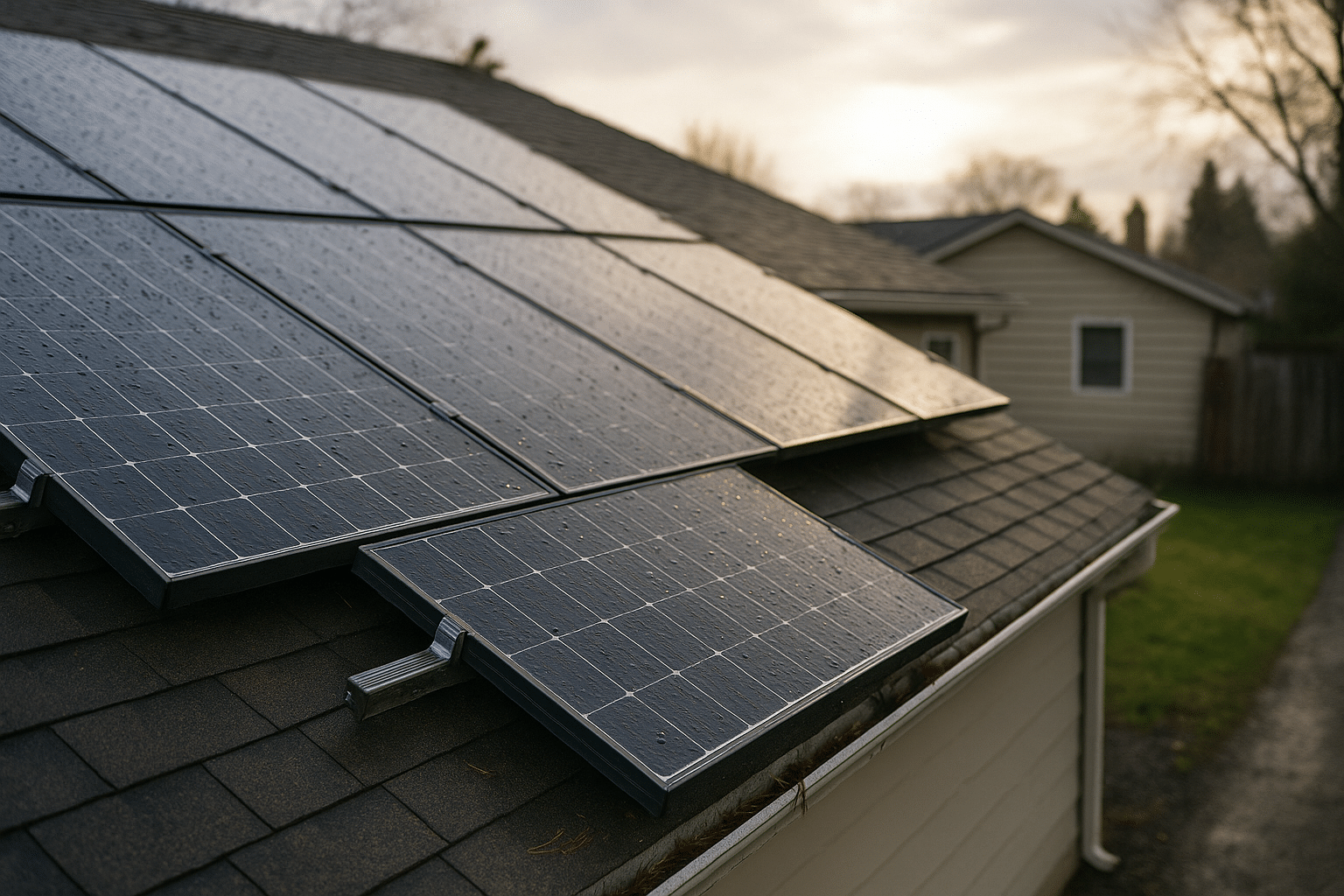
Smart Home Hubs: Centralizing Your Connected Devices
Imagine orchestrating all your smart home devices from a single command center, simplifying your daily routines, and enhancing your lifestyle’s convenience. This is the promise of smart home hubs, which serve as the central nervous system for your connected home.
As our homes become smarter with every new device, the need to centralize these gadgets has never been more apparent. A smart home hub acts as a conduit, allowing various devices to communicate efficiently. According to a report by Statista, the number of smart homes worldwide is expected to exceed 478 million by 2025, underscoring the growing trend of connected living.
Why You Need a Smart Home Hub
Smart home hubs simplify the management of multiple devices by acting as a central control point. Rather than juggling different apps for each device, a hub consolidates control, enhancing user experience and efficiency. This is particularly beneficial as the average household is now equipped with over 10 connected devices, based on a report from Deloitte.
Expert Insights
“The integration of smart home hubs allows for greater interoperability among devices, which is crucial as the ecosystem expands,” says tech analyst, Mark Johnson.
Johnson’s insights highlight the importance of hubs in creating a seamless smart home experience.
Choosing the Right Hub
When selecting a smart home hub, consider compatibility with your existing devices and future-proofing for new ones. Hubs that support a wide range of standards (like Zigbee, Z-Wave, and Wi-Fi) provide greater flexibility. Additionally, user-friendly interfaces and robust security features are essential.
Popular Smart Home Hub Features
| Feature | Description |
|---|---|
| Voice Control | Integrates with voice assistants for hands-free operation. |
| Automation | Enables scheduling and scenarios for automation. |
| Remote Access | Control devices from anywhere via mobile apps. |
| Compatibility | Works with multiple device protocols. |
| Security | Encrypts data and offers secure access. |
| Energy Monitoring | Tracks energy usage across devices. |
| Custom Alerts | Notifies users of important events. |
| Expandability | Supports additional devices as needed. |
Consider a hub with a strong ecosystem support to ensure you have access to new features and updates.
Setting Up Your Smart Home Hub
Installation is typically straightforward, with most hubs guiding users through setup via a companion app. Ensure your hub is centrally located to optimize its range and connectivity.
FAQs
Do I need a smart home hub?
If you have multiple smart devices, a hub can streamline their management, offering convenience and expanded functionality.
Can a hub work without internet?
Some hubs offer limited offline functionality, but an internet connection is often necessary for full feature access.
Conclusion
Smart home hubs are more than just convenience tools; they are the backbone of a well-connected home. By bringing various devices under one roof, hubs enhance efficiency and user experience. As you explore your options, consider compatibility, features, and expert recommendations to ensure your hub meets your needs. To learn more about specific hub models and reviews, visit leading tech review sites. Embrace the future of connected living with a smart home hub that fits your lifestyle.


